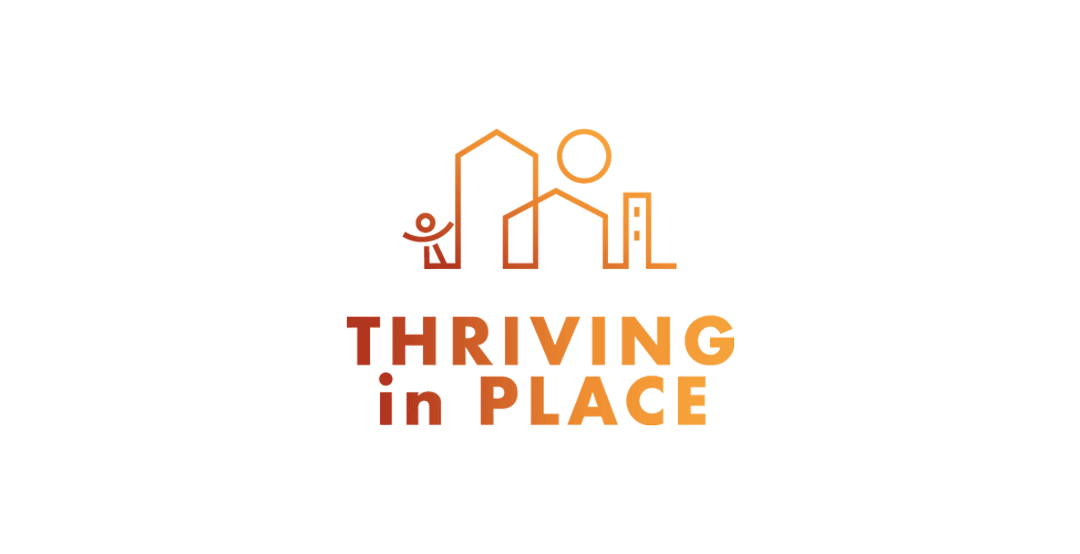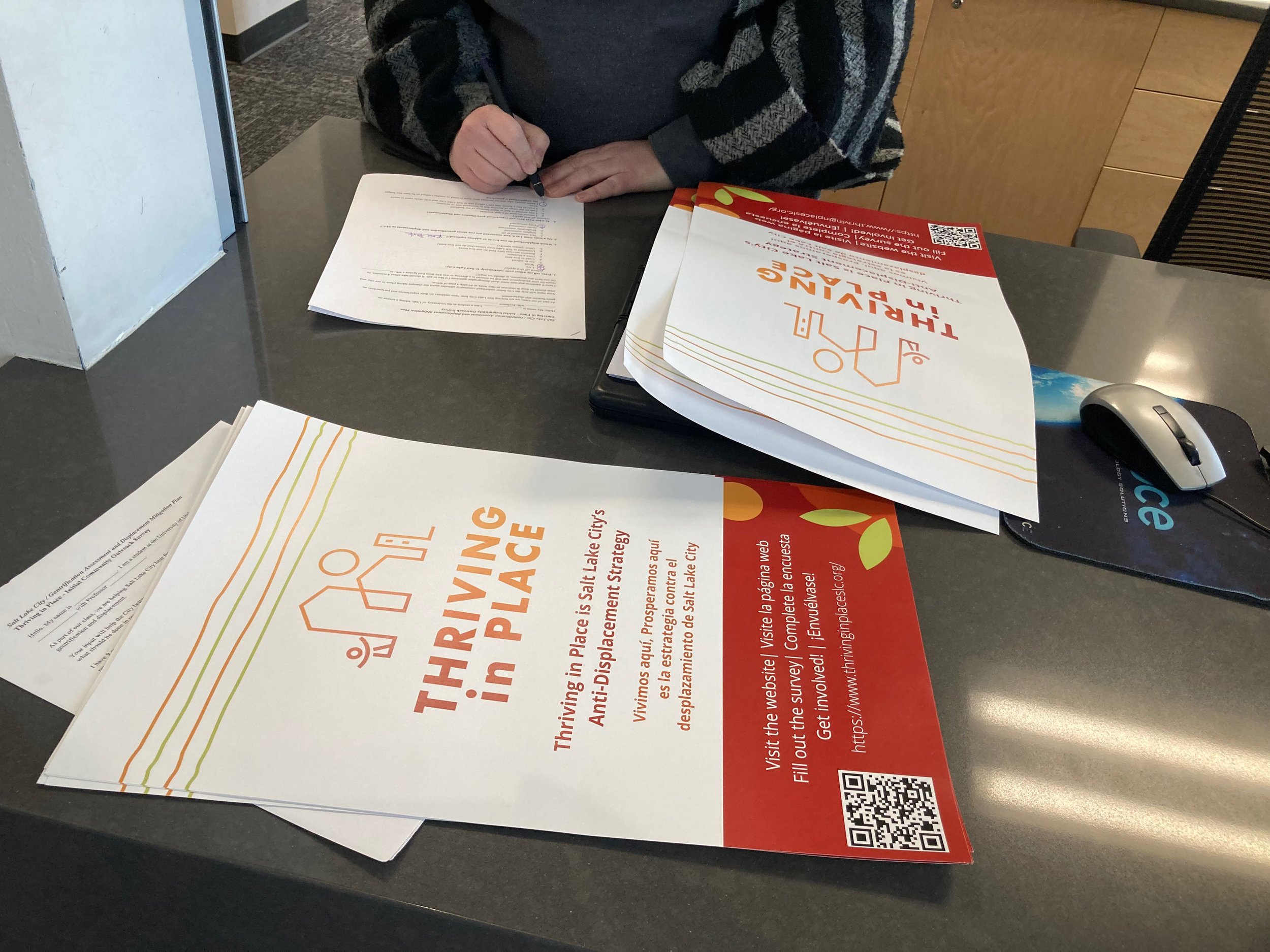WHAT WE HEARD AND LEARNED
Read the Phase One Summary Report
The report summarizes what we heard and learned from the hundreds of hours of community engagement and input as well as the cutting edge data analysis by the Urban Displacement Project on displacement risks in Salt Lake City and the region. This critical information helps us to understand, fully, the problem we are striving to solve, because it’s hard to solve a problem if you don’t agree on what the problem is.






